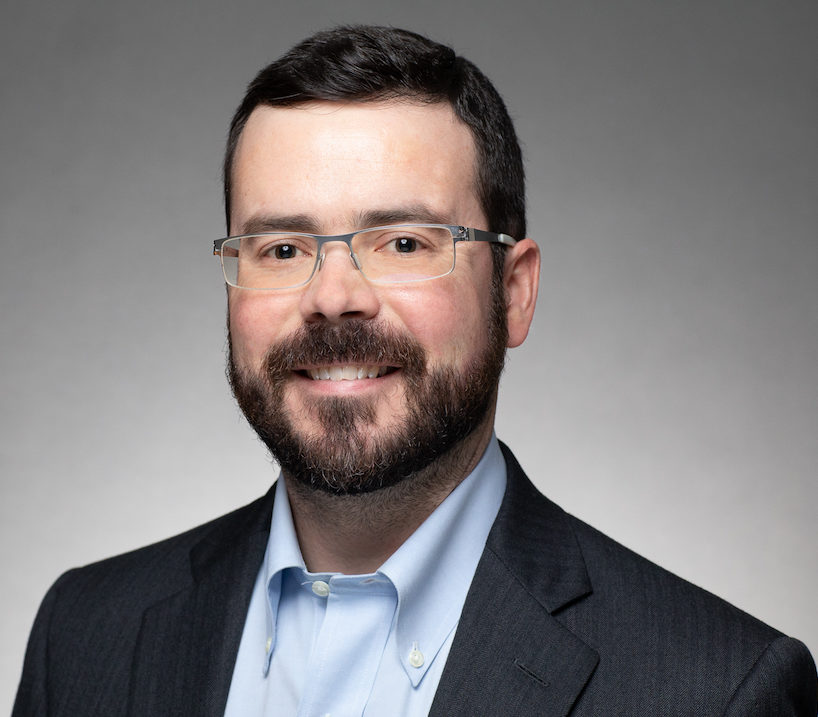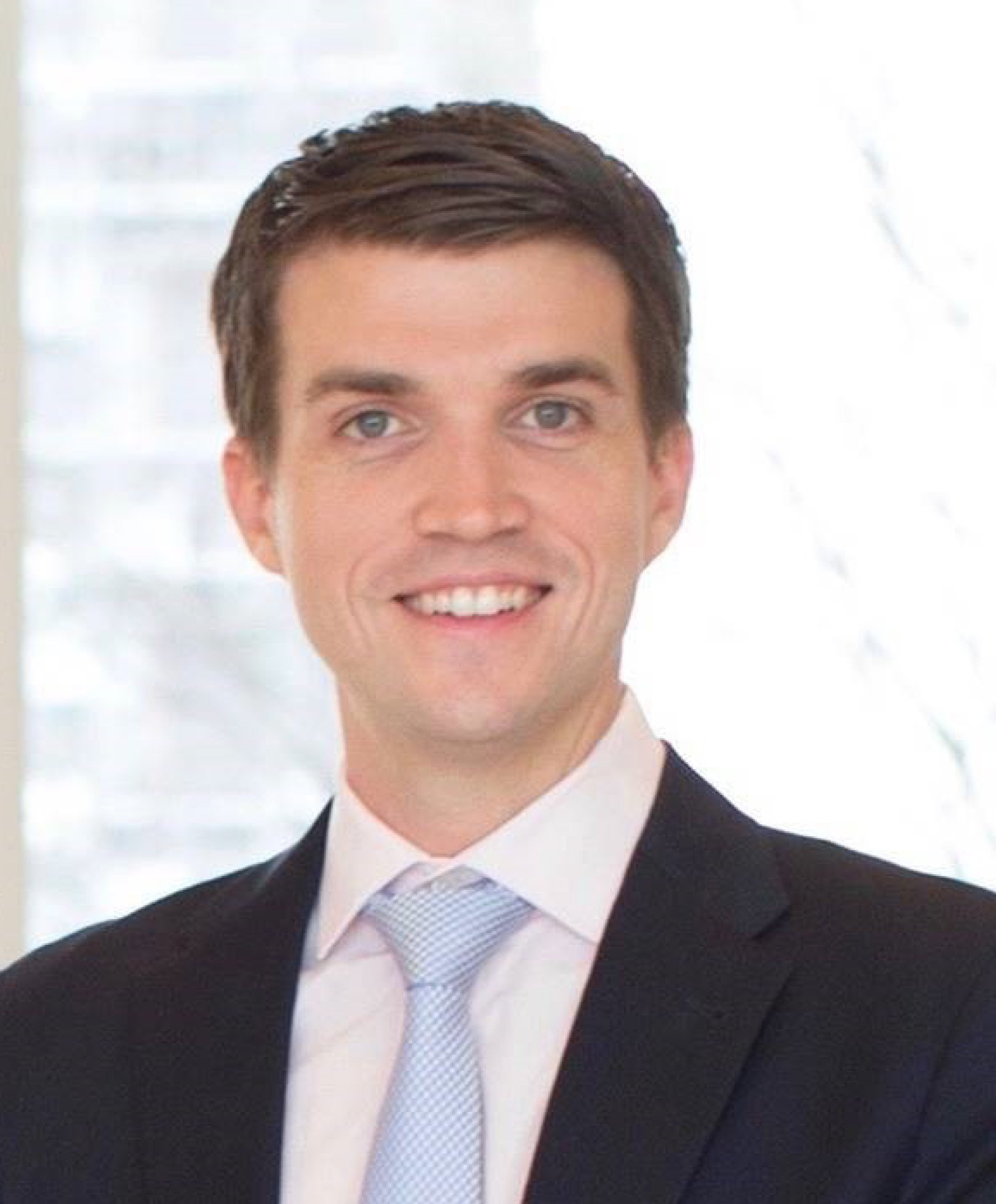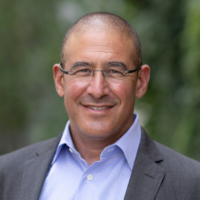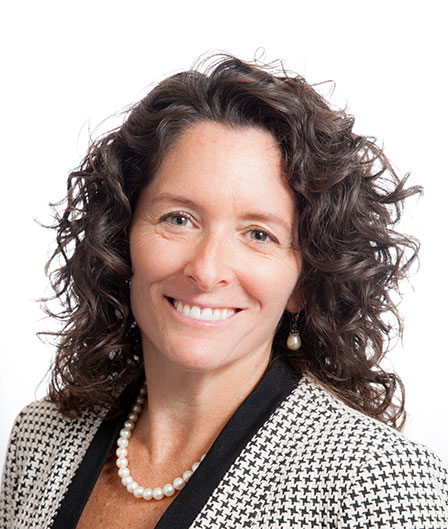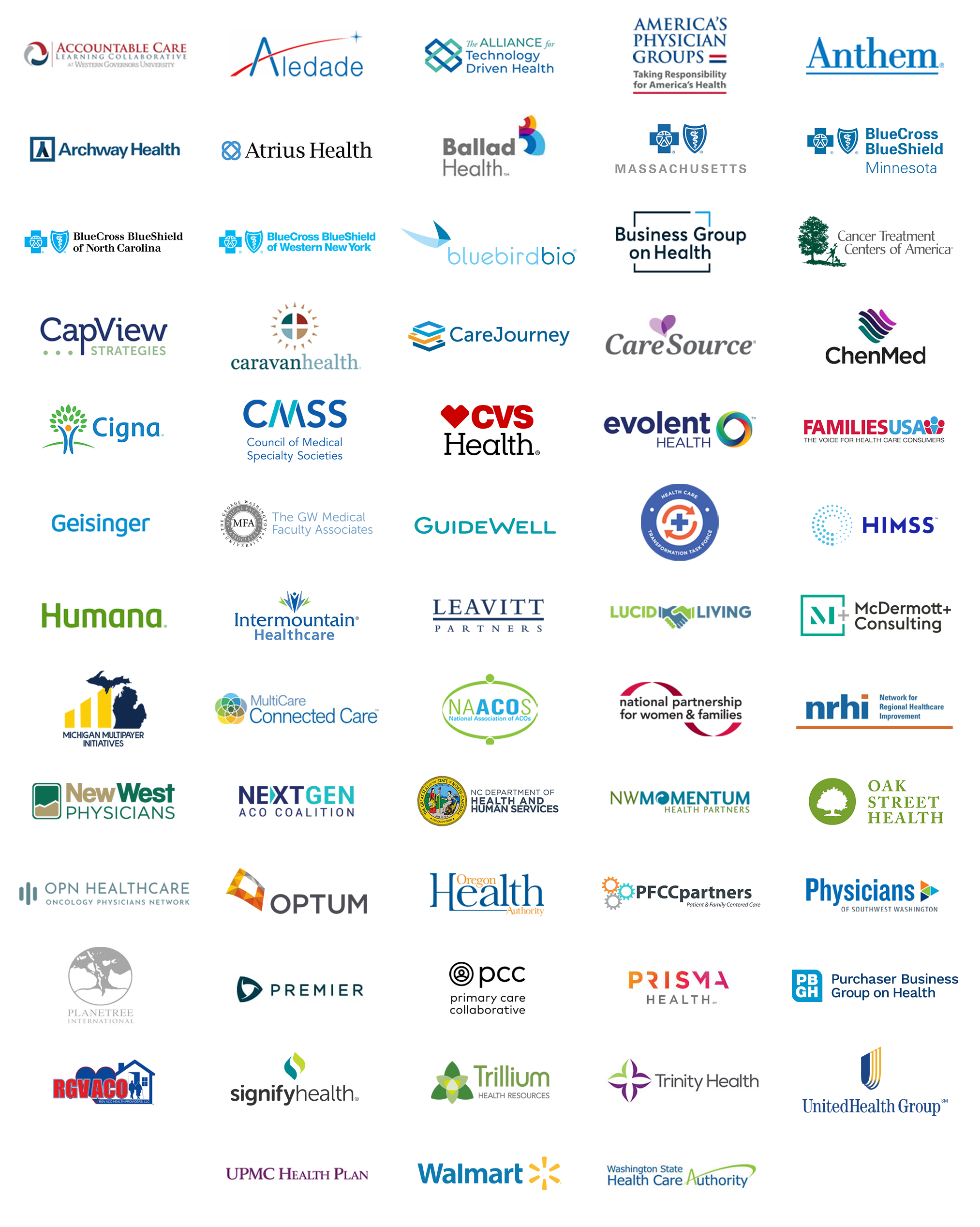Health Care Resiliency – Lessons from the Front Lines, Part 3, featuring Marc Harrison, Intermountain Healthcare
- September 9, 2022
- Posted by: Alvin Onyilofor
- Categories:
Host Aparna Higgins, Senior Policy Fellow at the Duke-Margolis Center for Health Policy and Senior Advisor to the LAN, interviews Dr. Marc Harrison, President and Chief Executive Officer of Intermountain Healthcare and LAN CEO Forum Co-chair. Marc shares his insights on the benefits of transitioning to APMs, how to advance health equity, and what COVID-19 has revealed about the nation’s health care system.
Transcript
Host, Aparna Higgins (00:00):
Hello, and welcome to Spotlight on Action produced by the Health Care Payment Learning and Action Network, commonly known as the LAN. I'm your host today, Aparna Higgins, Senior Advisor to the LAN and a Senior Policy Fellow at the Duke Margolis Center for Health Policy. The LAN Spotlight on Action series features LAN stakeholders discussing real-world actions and opportunities to transform the healthcare system through alternative payment models or APMS while aligning with LAN goals and initiatives focused on health equity, healthcare access, and value-based care. Today, I have the pleasure of speaking with LAN CEO forum Co-Chair Dr. Marc Harrison, President and CEO of Intermountain Healthcare, a healthcare network of more than 41,000 providers, serving patients throughout the Intermountain West, particularly Utah, Idaho, and Nevada. Under Marc's leadership, Intermountain Healthcare is at the forefront of transforming our healthcare system to one that is more agile and responsive to the needs of patients, rewards providers for positive outcomes and addresses barriers to care and social determinants of health head-on. Marc, it's always great to talk to you. Welcome to today's podcast. Thank you so much for taking the time for today's conversation.
Marc Harrison (01:22):
You know, Aparna, I've really been looking forward to this. So can't wait to hear what, what you want to talk about and have a great conversation.
Host, Aparna Higgins (01:29):
Great. So let's just jump right in. I wanted to discuss several broad themes with you today, focused primarily on the work you have done in terms of leading Intermountain Healthcare’s transition to value-based payment and how those initiatives can serve as a model for innovation and responding to public health emergencies, or the PHEs such as the ongoing COVID-19 pandemic. And as you might recall, a year ago, the LAN launched the Healthcare Resiliency Framework that included both short and long-term actions to build resiliency in our healthcare system and your organization made a commitment to support that framework. So can you talk about some of the actions that Intermountain Healthcare took initially during the beginnings of the public health emergency to help create resilience?
Marc Harrison (02:19):
So Aparna we, I, we have a bit of an unfair advantage in that our system and our operating model is really set up to achieve what LAN would like to do broadly. And we, we do it in a microcosm. So, we're a pretty big system. You, you gave some statistics. About half of our revenue now is completely aligned with taking full financial and clinical risk for people. And as much as I hate what the public health emergency has meant to so many people and how much I mourn the loss of so many lives in the United States, we're, we've been bound and determined all the way through to make good come of this. And some of that good is really leaning into what a model that's designed to keep people well can do to increase the resiliency of our healthcare system. And you know, we've seen again and again, over the
last, can you believe it's almost two years. I mean, it's astounding to me. So, in, in the last 20 months or so we have seen systems that particularly on the provider side that are organized around keeping people well, having had the agility to navigate actually quite well, both clinically, socially, and financially. And so, whether it's telehealth, whether it's digital transformation, whether it's distance work and distance care, whether it's organizing around community health workers all tools are at our disposal and we've deployed them quickly pretty thoroughly. And we're trying really hard to make sure that as in some ways, the world goes back to some semblance of what it was before that we don't go back to the same way of delivering healthcare, that we use this as an opportunity to make this catalysis stick.
Host, Aparna Higgins (04:21):
Great. Maybe if I could follow up on some of the things you mentioned. You talked about several ways in which you've deployed your workforce. If I were to call it that in terms of delivering care, you mentioned digital transformation, telehealth distance care use of community health workers. Could you talk a little bit how, and also the fact that, you know, we're almost two years into this pandemic, so sort of reflecting back from the start until now, could you talk a little bit more about how, you know, your responses evolve in terms of ensuring resilience and ensuring that patients who are served by our system, you know, get access.
Marc Harrison (05:00):
Yes. And I'll be blunt. You know, I think the beginning of the pandemic, even though we made really rapid pivots around distance care and having our workforce largely become a remote workforce except for direct clinical care. We did not, and we've written about this - this is no secret. We were really disturbed to see the impact that race had on outcomes from, from COVID-19. And we had exactly the same results that the rest of the country did, in terms of people who were people of color did much worse in our care than, than white people did and particularly middle class, upper middle class white people. So we we actually begin to measure, we did, you know, Intermountain is a very measurement-driven organization and we have a tight operating model, and we think a lot about achieving very predictable approaches to care. And as the pandemic has worn on, we've seen those gaps narrow. They're not gone all the way, but they don't, they're a lot better than they were. And we realized that equal care, for instance, in an ICU, which we really believe we were, providing did not necessarily achieve equitable outcomes. And we've needed to do things like work with the state of Utah, among other places, and deploy community health workers into communities of color and make sure that those are the folks who are educating their neighbors about how to keep themselves well, what to do if they're sick and the advantages of things like vaccination. And I think it's, that's, what's going to have to happen across American healthcare regardless of whether we're in a public health emergency or not if we're going to begin to have an equitable healthcare system.
Host, Aparna Higgins (06:56):
Okay. Maybe sort of to follow up on that. You talked about your organization being very measurement-driven, and I know that one of the challenges with addressing health disparities is actually being able to have the data on hand to, to know what the degree of disparities are in collection of race, ethnicity, data, and so forth. I was hoping you could maybe touch upon some of the actions you took to you know, to ensure this kind of measurement-based approach to addressing health disparities.
Marc Harrison (07:26):
So first you have to have the people who are providing care believe that there's a problem. Some people were smacked in the face by it, like the folks in the emergency department and like folks in the ICU (intensive care unit). But we also did a lot of listening. We listened to people of color with a story on caregivers and listened to patients. And we heard some pretty incredible stuff. And you know, that in combination with reading the healthcare inequity literature, much more broadly, we went back to our clinicians, and we said, well, we have an expectation that each of our clinical programs are the same as an Institute or a service line. That's our parlance at Intermountain. We want everybody to do at least one project where we take a hard look at our performance and understand how we're doing. And we had many of the same problems that the rest of the country’s had, whether it's around maternal mortality, infant mortality, we actually are identifying some differences in stroke outcome that we haven't completely parsed out yet. But I think the thing that's been really enlightening for us, and unifying is that this doesn't become a set of political statements or a bunch of feelings and politics are important. Feelings are very important. But, we started to have a common fact base amongst all the people who provide care at Intermountain, regardless of their political persuasions. Nobody who's a healthcare provider wants somebody to have worse outcomes based on the color of their skin. They just don't. It has provided a background for us to normalize the discussion of healthcare inequities and start to work on it, just like we'd work on anything else, falls line infections, pressure, ulcers, you name it surgical site infections. And I think we're starting to make real progress because we're treating this with great deal of respect, but in the same way, we've had success in some of the other areas.
Host, Aparna Higgins (09:35):
Okay. That's helpful. I guess, maybe to tie this back to something you said earlier about half of your revenue being in full financial and clinical risk, I'm interested in your thoughts in terms of what role being in these kinds of value-based models has played in your ability to make, to better address health equity.
Marc Harrison (09:57):
Look, it's just so it seems so simple, Aparna, but it's so hard to do. It takes real courage to make the changes necessary. The advantages are, I can do whatever I need to do to keep people well, home health workers, hospital at home, remote monitoring, home visits, provided people with transportation. I can do what I need to do in order to help keep people stay well. And I don't need to worry about how many beds are full in order to do it. And we're able to say to the the clinicians, please just do what's right, please be careful with resources. Do no more for somebody than they actually need. And increasingly we have aligned the comp- compensation model for the clinicians to be also aligned with this value-based approach. And in fact, this morning, we had a long conversation with our executive team, we've created a high-value surgical network now. And for a number of different surgical specialties, we can identify who the high-value providers are. And we're beginning to direct patients towards them through Select Health and other mechanisms. So Select Health being our insurance arm. So that's the, those are the kinds of things that I can do, we can do, because our intent is good and our values are clear, but now our operating model is aligned with them. And that is like unlocking a whole new world, but that's where the courage part comes in. We had to go through a massive reorganization of Intermountain, a great organization that was not broken in any way, in order to begin to fully exploit the power of this model. It was hard. It took a lot of flack, governance got a lot of flack from the community. It scared our caregivers. It was really tough, but we can't imagine what it would be like if we
hadn't had the courage to do that. Now it turned out to be a couple of years before the pandemic started and it really prepared us.
Host, Aparna Higgins (11:59):
As you, as you probably know, there are a lot of providers who are not in the kind of models that, you know, Intermountain is in. What kind of guidance or advice would you give providers, but also payers who are wanting to go down this pathway of moving into these alternative value-based payment models?
Marc Harrison (12:20):
So, this is where it's hard not to sound preachy Aparna. So I'm a pediatric ICU doctor and let's say I understood that there was a superior way to treat sepsis in children. One that was less invasive, less painful, more successful, less expensive. And I chose not to do it because I just liked the way I was doing things before. That's exactly what payers and providers are doing right now. They're doing what's comfortable for them. They're not actually doing what's best for society, and they know it, most of them, and they are lacking either courage or the ability to focus or they're focusing way too much on how they're currently being paid. Now, the problem is not only is this the wrong thing to do. They're going to run out of road here before too long as increasingly our government-paid patients are moving into, into at-risk models and some commercial payers - thank heavens - are beginning to change their expectations around keeping people well, instead of just keeping, taking care of them when they're sick. And if they don't change now, there are gonna be a lot of disruptors who are going to come in and eat their lunch. And they, they really need to get moving even if they’re only caring about their own existence.
Host, Aparna Higgins (14:02):
Okay. So it's almost becoming an imperative is based on what you're saying.
Marc Harrison (14:07):
It's a moral, economic and social imperative to do this.
Host, Aparna Higgins (14:12):
Okay. Given the importance that of, of moving into these models, both in terms of addressing access and quality and outcomes, but also health equity, and we know that many providers are still in fee-for-service. So, reflecting back on, you know, addressing the health disparities issue, what types of actions do you think providers who are not in these alternative models, at least not yet, what, what actions do you think they can take in terms of addressing disparities?
Marc Harrison (14:44):
I think they need to start to measure and start to act and look. And look, I have a lot of respect for my, for my colleagues. We make things way too complicated. So you know, they say, well, you know, what is the approved measure? What's the right metric? Who am I going to report this to? Who's going to validate it? But what we've decided to do is just get started, Aparna. We think this is important for clinical reasons, for reasons are aligned with our mission. We will adapt as the measures change and the expectations change. But I think we have our clinicians fired up enough now that they won't stop doing
what we started because they know it's right. And they want to make things better for people. So my my message would be get started at some level. It can be a small circumscribed pro- project. But you should talk about it a lot. You should let people know why you're worried about it. And you should make this part of, as a leader you should make this part of your conversation with your, with your caregivers.
Host, Aparna Higgins (15:50):
Okay. So some of this, it sounds like it's setting, maybe picking particular goals and rallying people around those goals and figuring out a way to achieve those goals.
Marc Harrison (16:01):
Absolutely. It's just like any change management, you gotta make your case. You've got to get a plan in place and you've got to move people along. Hopefully it is in a way that is as non-threatening as possible, but you need to make it an inevitability that this is happening. And it is.
Host, Aparna Higgins (16:16):
Yeah. Okay. Now given the LAN’s focus on promoting alternative payment models and what we're working on, trying, you know, using APMs to address health equity. Based on your experience, are there ways in which we should be thinking about designing these APM differently or more, you know, intentionally in terms of addressing health equity?
Marc Harrison (16:42):
You know, I will give you my 2 cents on this. I think there's actually an analogy with how encouragement towards the vaccination has worked during the last section of the pandemic. I think we initially all hoped that everyone would get, get vaccinated because it was right. And a lot of people did, but not everybody and not enough people did. Then we thought, well, gosh, by and large people that let's really encourage people. Let's run lotteries, let's give bonuses. And guess what, that didn't work that great either. And in the end, it there are going to have to be some sticks involved and I think we've come a ways. And by the way, I give enormous credit to the federal government of moving us towards this direction of value-based care. They have made this part of the conversation. I think we're at the place where we've tried it, cause it's the right thing to do.
We've talked a lot about upside risk at it's time to just get down to it. You know, if one thing I've learned about the payers and the providers in the United States through the pandemic, they're really smart and they're really capable and they've done, they did wonderful things when their back was against the wall and they actually, many of them came out really quite strong. I think we need to make relatively swift definitive change and that these should be a lot less choice and a lot more action. And I, I, I guarantee you that the creativity of my colleagues will result in in a massive shift in how healthcare is delivered in the United States. And it will be good.
Host, Aparna Higgins (18:30):
Okay. Are there things that you would change in terms of how these models are designed to better address health equity? I mean, we've had ten years of experience, you know, with, after the ACA passed and CMMI launched all its models, and the private payer said their models. You know, we have sort of a decade’s worth of experience with APM. So now we have this, you know, major focus on health equity.
Based on all those lessons learned, are there things that you would want to change, or you think need to be changed in terms of these design of these models, that would better address health equity?
Marc Harrison (19:04):
So I take a very simple-minded approach to this, and it's predicated on a belief that providers and payers almost without exception want to do the right thing. I would require reporting of outcomes based on race and other health inequities, including potentially rural status, et cetera, and I'd make them really public. And if we go back to the early days of federal quality reporting, we've got enormous movement based on transparency. The penalties were of some importance, but for large, relatively successful organizations, relatively small, nobody wanted to be a crummy organization. And I, I would guarantee you that if we change so that we just started talking about this on a regular basis and the performance of both payers and providers with regard to people with different backgrounds and different risk factors was publicly reported, rapid change would occur because everyone would want to do the right thing.
Host, Aparna Higgins (20:12):
Okay. So it sounds like public reporting and transparency is we know has worked in the past and we'd want to continue down that path.
Marc Harrison (20:20):
I would ride that. I mean, it's the play, the winner strategy it's worked before. Right. And look, there's probably lessons to learn in terms of adoption of EMR. Was it done perfectly? But it, it became a must do, it was a financial imperative. I think there's some things that we would do differently based on what we've learned around the early days of EMR adoption. But it did work, and they are ubiquitous now. So what I would say is take some of the lessons from what we've learned about public reporting about EMR adoption, incorporate them into some relatively rapid change around health equity.
Host, Aparna Higgins (21:03):
Okay. That's great insight. Thank you for that. I'm curious about you know, if there are any other insights that you would like to share with our Spotlight on Action listeners, both in terms of what you see are the challenges, but also what you see as the opportunities for transforming our healthcare system.
Marc Harrison (21:26):
You know, I think probably the, the single biggest one is US healthcare is unaffordable. You know, I, I'm a proud and patriotic American and I love medicine. I always have. You know, for us to spend 18% of our GDP and get the worst public health outcomes of any developed country is just hard for me to wrap my mind around. And at the same time, the cough- cost-shifting that has been done to, to working people and the amount of their health care that's coming out of their pocket, the shift over the last decade is really quite distressing as well. And here we are in the richest country in the world, and one out of three people are rationing healthcare in some form or fashion because they can't afford it. It's just wrong. We can do better than this. And I think that is a big part of the drive. So yes, let's reduce unnecessary utilization. Let's make sure our quality's good. Certainly, let's work on equity, but if we don't address affordability then we've got a big problem.
Host, Aparna Higgins (22:41):
You mentioned earlier about, you know, your organization being a measurement-driven or measurement-based organization, obviously to address a lot of the issues we've talked about today, you've kind of come back to the importance of measuring and reporting. I'm wondering if you have any words of advice for, you know, helping organizations, you know be the same way that you are in terms of being measurement-driven and embracing that measurement-driven approach?
Marc Harrison (23:09):
Well, I, I wouldn't presume to ask them to be like us, but I would ask them to think about what they say is important and where they spend their resources. And, you know, for some of the big, fancy institutions for them to build billion dollar multi-billion-dollar hospitals, that they then need to support with operations, the same time they're saying they're having a hard time affording to pay for more analytics and measurement, their audio and their videos [are] not matching. And being a leader is about prioritization. And your strategy is a lot about what you're supposed to do, but it's about what you decide that you're not going to focus on and what you're not going to resource. And you know, if people really do care about equity, they really do care about affordability. Then they'll change their operations to match that.
Host, Aparna Higgins (24:15):
Okay. So I guess what I'm hearing is the importance of having a clearly articulated mission and vision, and then aligning your, and prioritizing your goals towards, you know, aligning with the mission and vision.
Marc Harrison (24:29):
But that's true for all initiatives. Right? But I think that this is particularly acute right now. And my hope is that we've reached a tipping point for the country where things really are going to go quite quickly. And again, I will remind folks that the disruptors out there are really quite ready to gobble up large portions of both the payer and the provider space if we aren't nimble enough to to make the change that, that our patients and our members are relying on us to make.
Host, Aparna Higgins (25:10):
Believe it or not, that's all the time we have for tonight. Unfortunately we could have spent a lot more time talking. I really enjoyed the conversation Marc, but we'll have to save that for another day and hopefully we would love to have you back should your schedule permit.
Marc Harrison (25:29):
I would always make time for you Aparna. Thank you.
Host, Aparna Higgins (25:32):
Thank you so much for joining the conversation today. Your insights and perspectives on these issues have been very informative. Thank you also for all you do to help guide the LAN, to reach its goals of expanding healthcare access, improving health equity, and expanding adoption of APMs. It is difficult, challenging work, but it's also rewarding and vital work for our nation's healthcare system and patients. For all of you listening, thank you for joining us. If you enjoyed this conversation, please keep checking the LAN website for more from our Spotlight on Action series, highlighting work to advance value-based care. This episode and future spotlights will also be posted on our social media accounts. So be sure to follow us on Twitter @payment_network and on LinkedIn, by searching for Healthcare Payment Learning and Action Network.

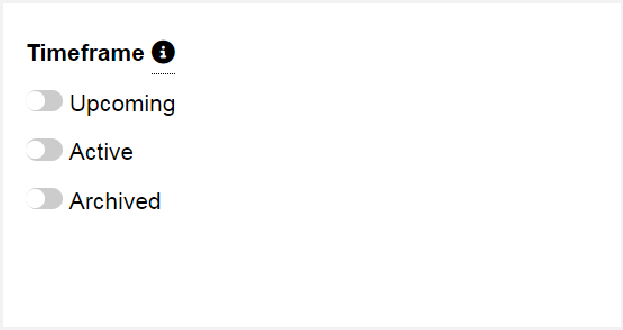
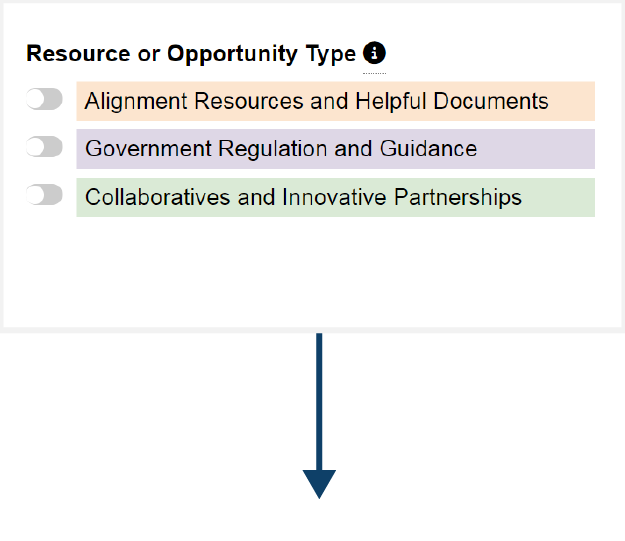
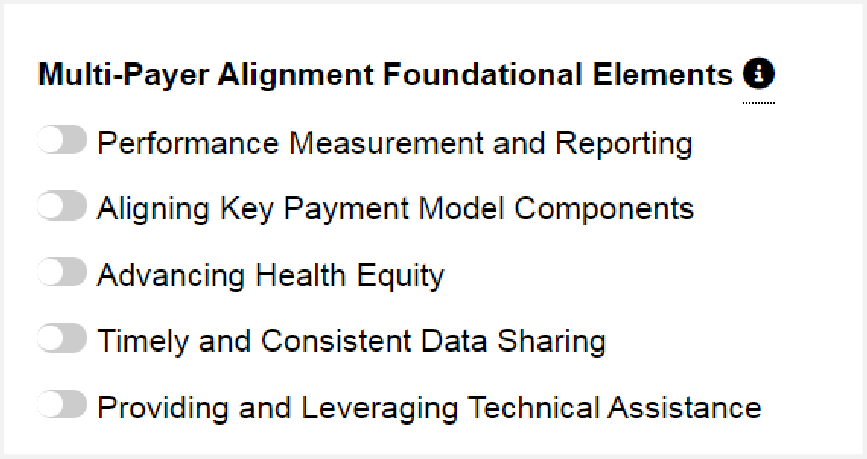
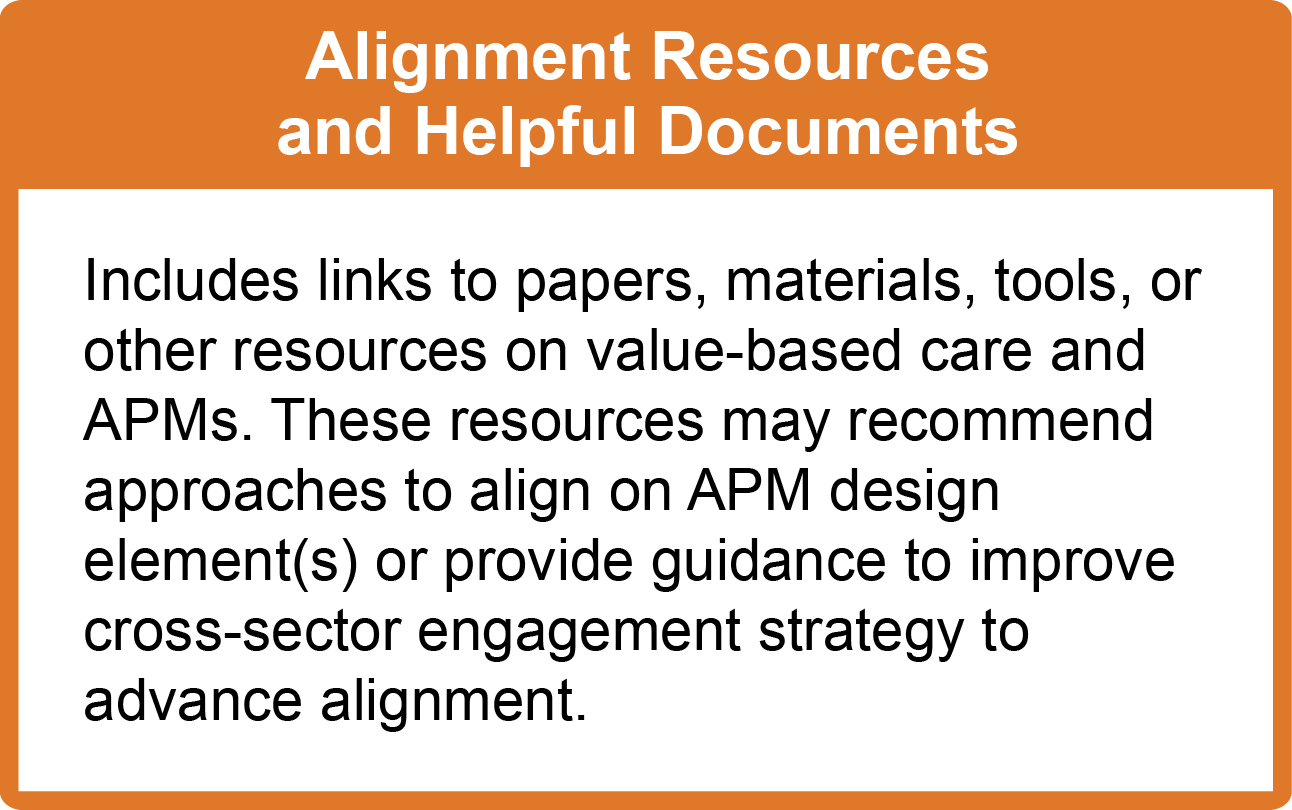
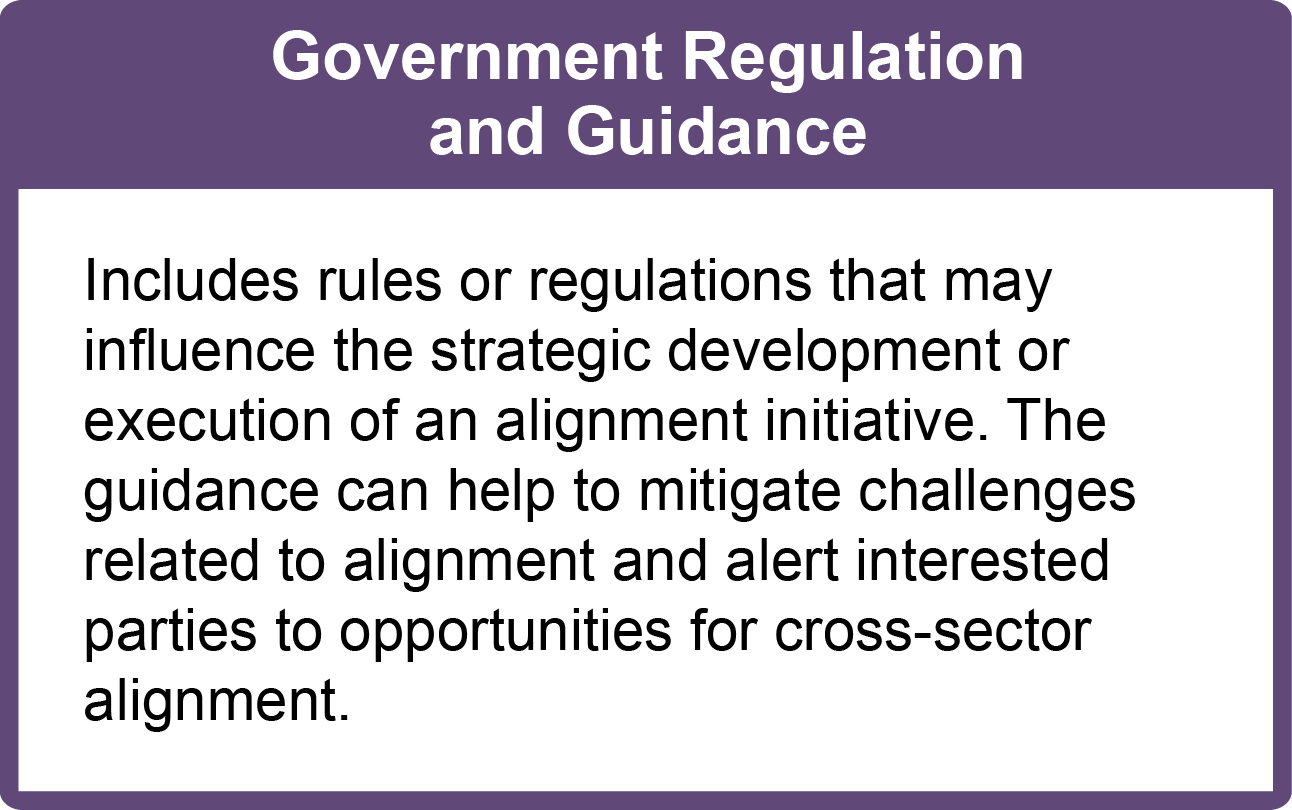
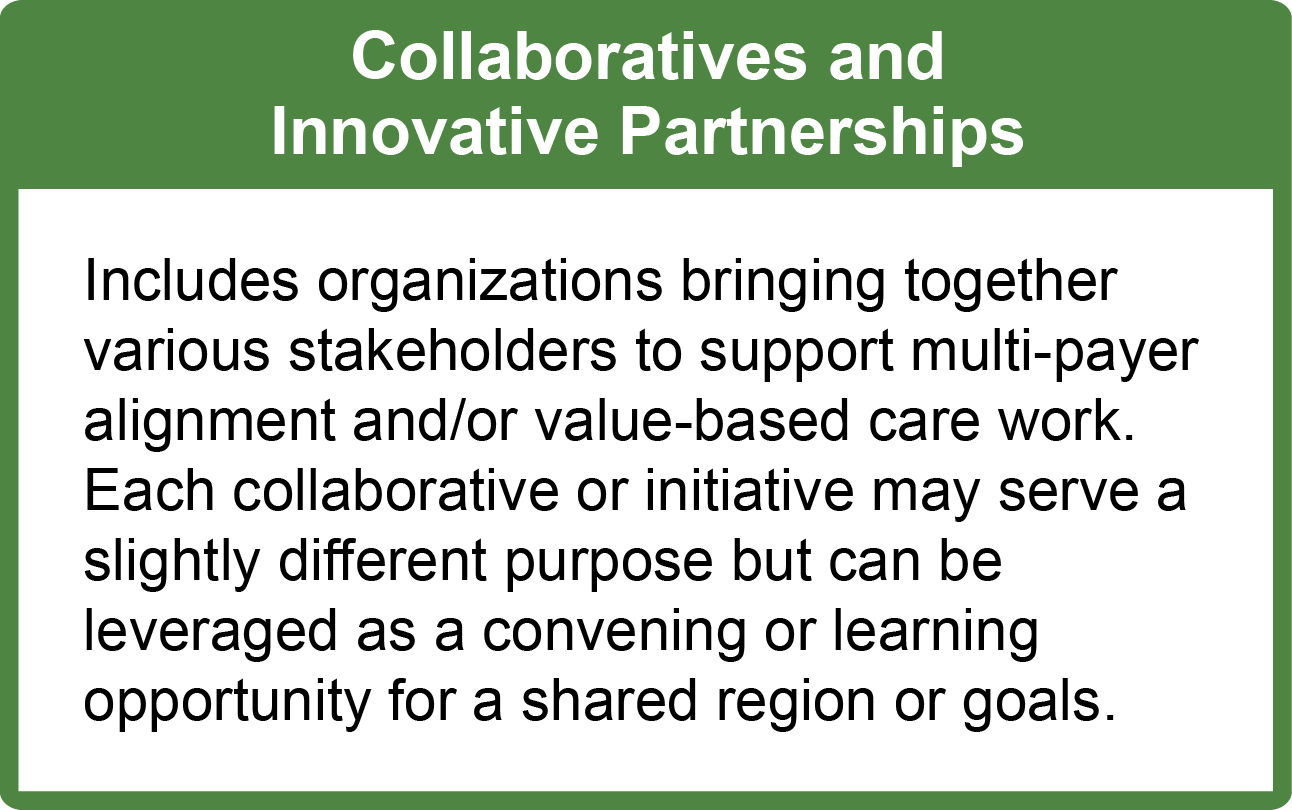
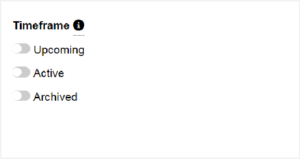
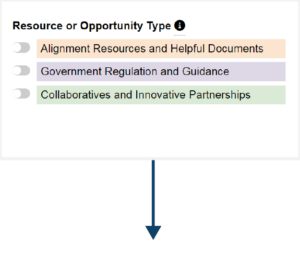
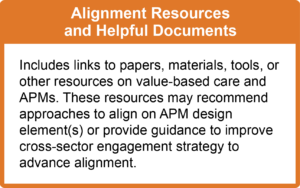
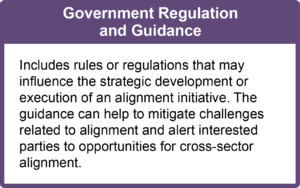
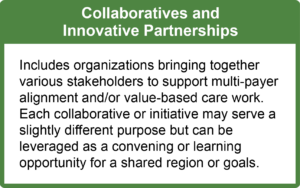
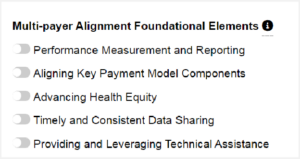
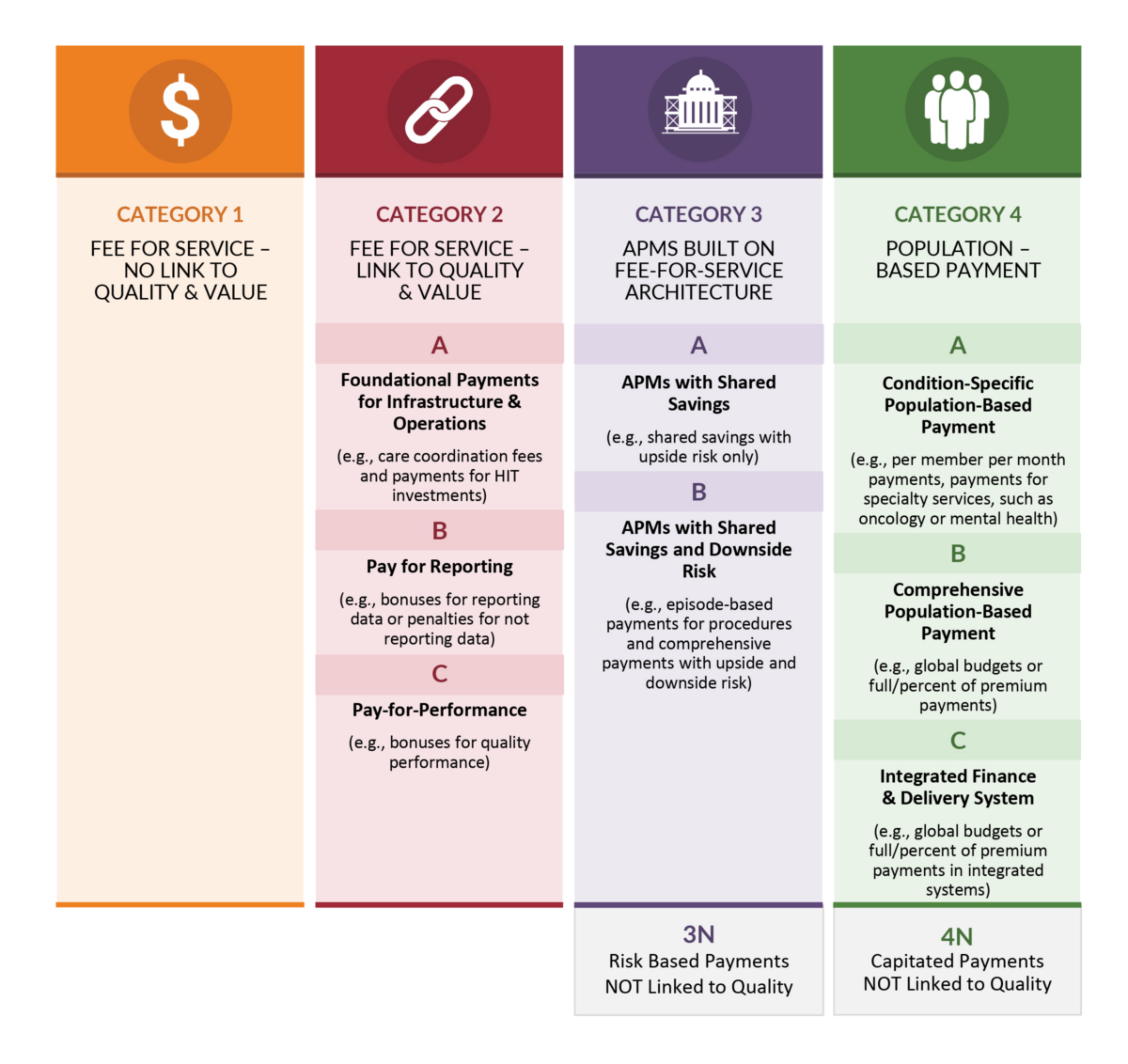
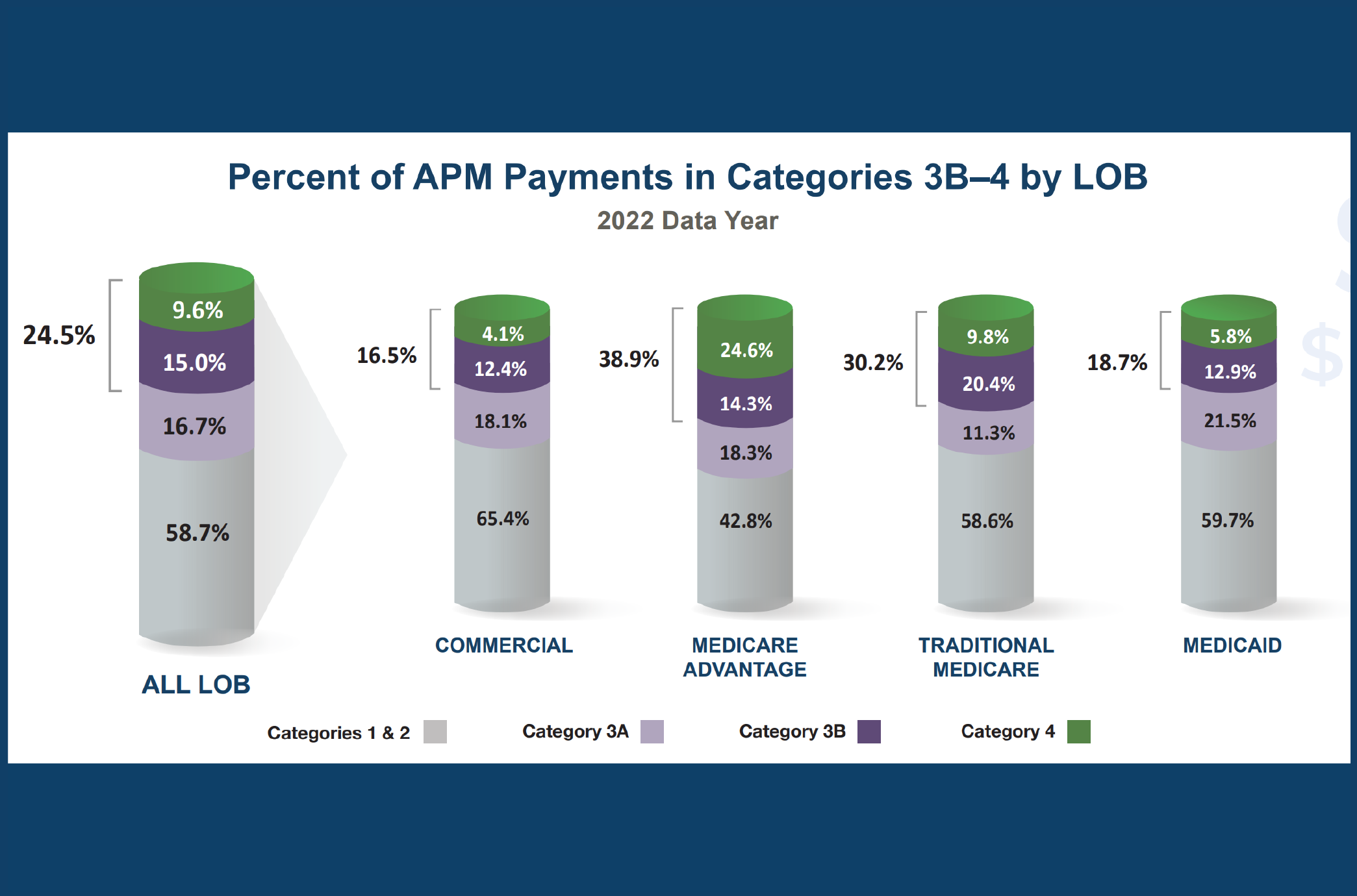
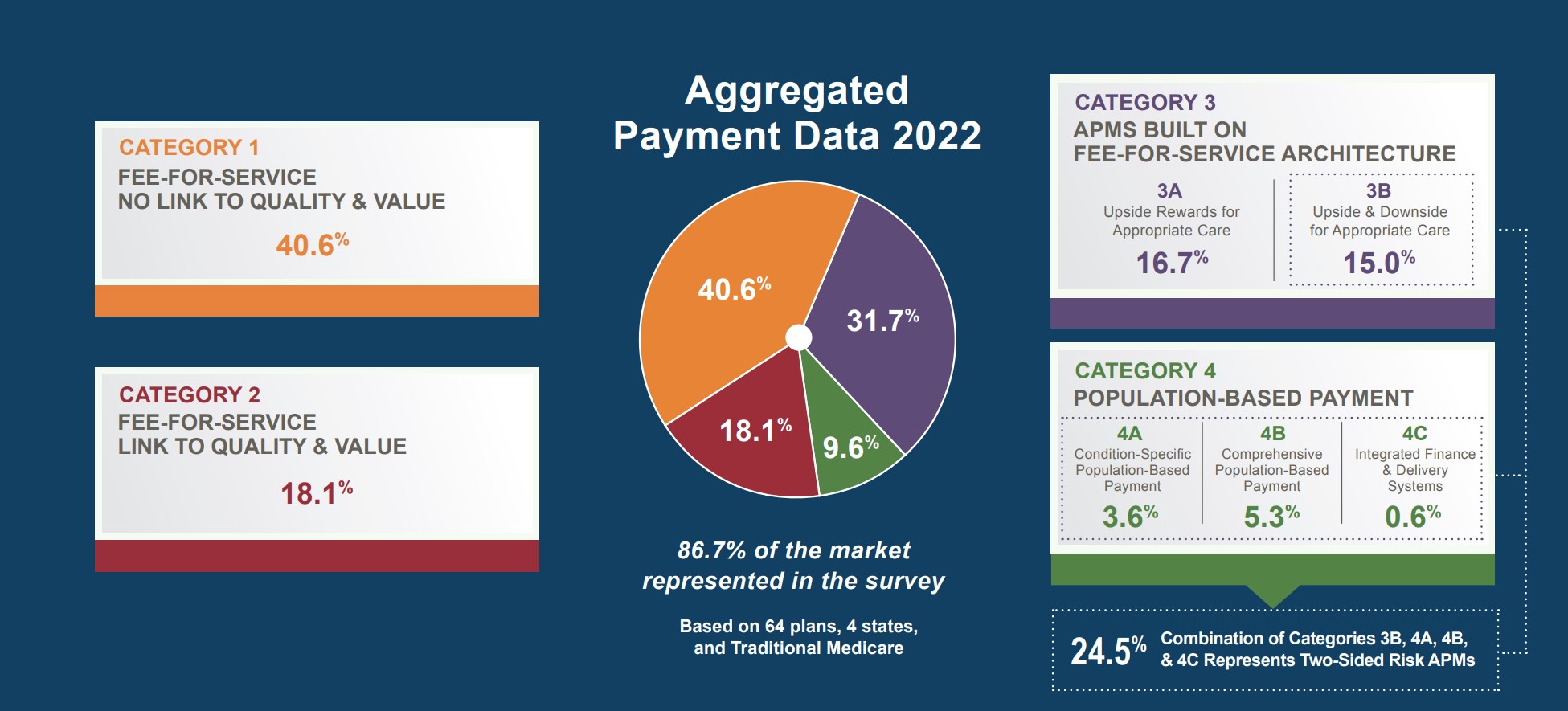
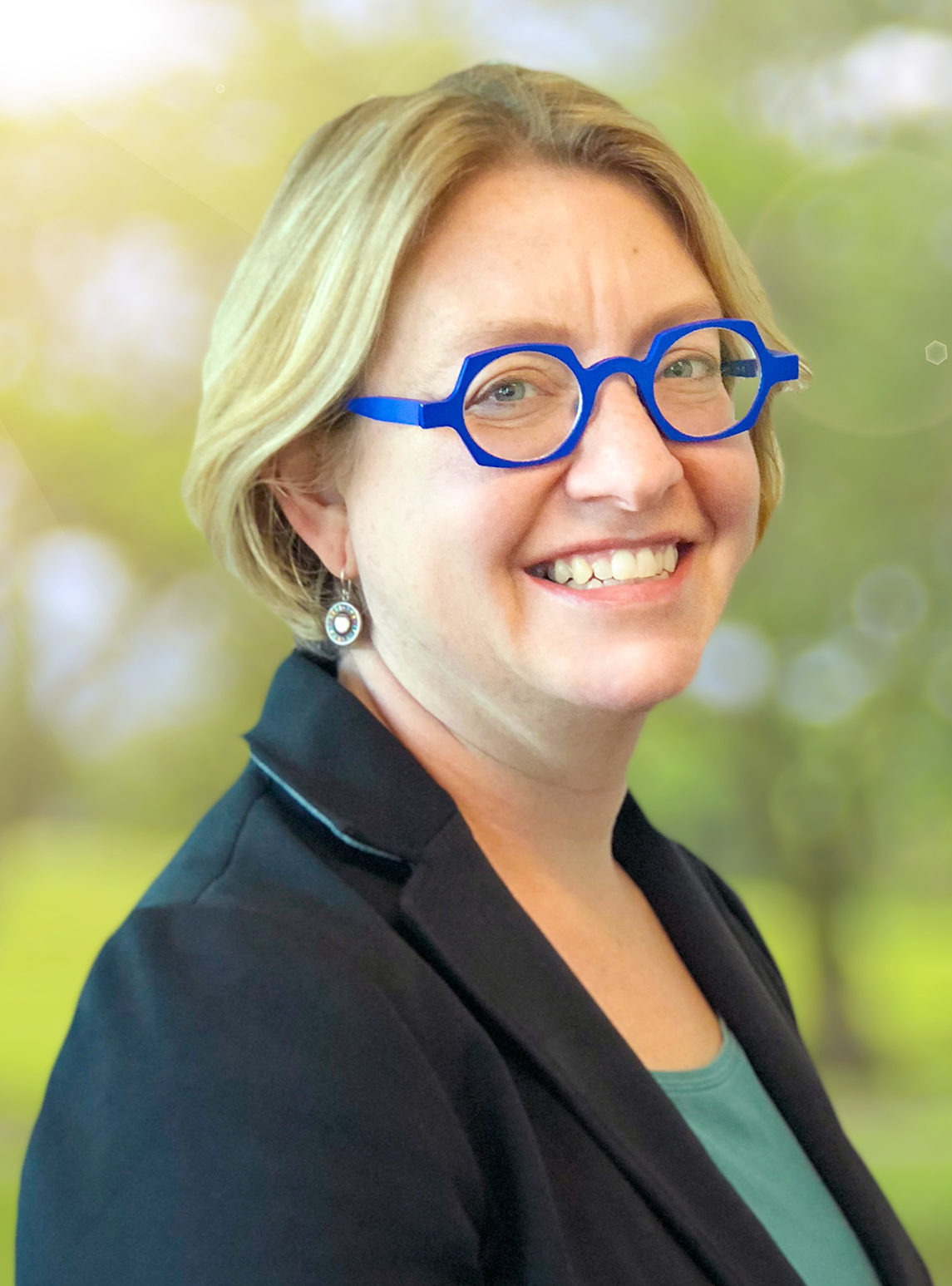
 Emily DuHamel Brower, M.B.A., is senior vice president of clinical integration and physician services for Trinity Health. Emphasizing clinical integration and payment model transformation, Ms. Brower provides strategic direction related to the evolving accountable healthcare environment with strong results. Her team is currently accountable for $10.4B of medical expense for 1.6M lives in Medicare Accountable Care Organizations (ACOs), Medicare Advantage, and Medicaid and Commercial Alternative Payment Models.
Emily DuHamel Brower, M.B.A., is senior vice president of clinical integration and physician services for Trinity Health. Emphasizing clinical integration and payment model transformation, Ms. Brower provides strategic direction related to the evolving accountable healthcare environment with strong results. Her team is currently accountable for $10.4B of medical expense for 1.6M lives in Medicare Accountable Care Organizations (ACOs), Medicare Advantage, and Medicaid and Commercial Alternative Payment Models. Mr. James Sinkoff is the Deputy Executive Officer and Chief Financial Officer for Sun River Health (formerly known as Hudson River HealthCare), and the Chief Executive Officer of Solutions 4 Community Health (S4CH); an MSO serving FQHCs and private physician practices.
Mr. James Sinkoff is the Deputy Executive Officer and Chief Financial Officer for Sun River Health (formerly known as Hudson River HealthCare), and the Chief Executive Officer of Solutions 4 Community Health (S4CH); an MSO serving FQHCs and private physician practices. Victor is the Chief Medical Officer for TennCare, Tennessee’s Medicaid Agency. At TennCare, Victor leads the medical office to ensure quality and effective delivery of medical, pharmacy, and dental services to its members. He also leads TennCare’s opioid epidemic strategy, social determinants of health, and practice transformation initiatives across the agency. Prior to joining TennCare, Victor worked at Evolent Health supporting value-based population health care delivery. In 2013, Victor served as a White House Fellow to the Secretary of Health and Human Services. Victor completed his Internal Medicine Residency at Emory University still practices clinically as an internist in the Veteran’s Affairs Health System.
Victor is the Chief Medical Officer for TennCare, Tennessee’s Medicaid Agency. At TennCare, Victor leads the medical office to ensure quality and effective delivery of medical, pharmacy, and dental services to its members. He also leads TennCare’s opioid epidemic strategy, social determinants of health, and practice transformation initiatives across the agency. Prior to joining TennCare, Victor worked at Evolent Health supporting value-based population health care delivery. In 2013, Victor served as a White House Fellow to the Secretary of Health and Human Services. Victor completed his Internal Medicine Residency at Emory University still practices clinically as an internist in the Veteran’s Affairs Health System.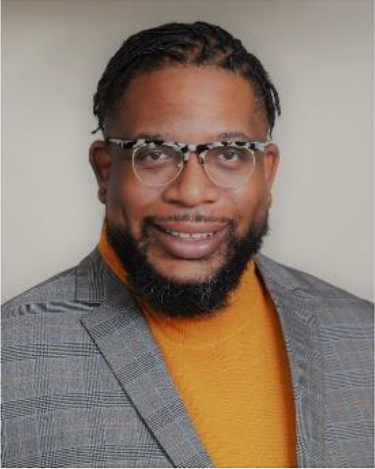 Dr. Brandon G. Wilson, DrPH, MHA (he, him, his) joined Community Catalyst as the Director of the Center for Consumer Engagement in Health Innovation, where he leads the Center in bringing the community’s experience to the forefront of health systems transformation and health reform efforts, in order to deliver better care, better value and better health for every community, particularly vulnerable and historically underserved populations. The Center works directly with community advocates around the country to increase the skills and power they have to establish an effective voice at all levels of the health care system. The Center collaborates with innovative health plans, hospitals and providers to incorporate communities and their lived experience into the design of systems of care. The Center also works with state and federal policymakers to spur change that makes the health system more responsive to communities. And it provides consulting services to health plans, provider groups and other health care organizations to help them create meaningful structures for engagement with their communities.
Dr. Brandon G. Wilson, DrPH, MHA (he, him, his) joined Community Catalyst as the Director of the Center for Consumer Engagement in Health Innovation, where he leads the Center in bringing the community’s experience to the forefront of health systems transformation and health reform efforts, in order to deliver better care, better value and better health for every community, particularly vulnerable and historically underserved populations. The Center works directly with community advocates around the country to increase the skills and power they have to establish an effective voice at all levels of the health care system. The Center collaborates with innovative health plans, hospitals and providers to incorporate communities and their lived experience into the design of systems of care. The Center also works with state and federal policymakers to spur change that makes the health system more responsive to communities. And it provides consulting services to health plans, provider groups and other health care organizations to help them create meaningful structures for engagement with their communities.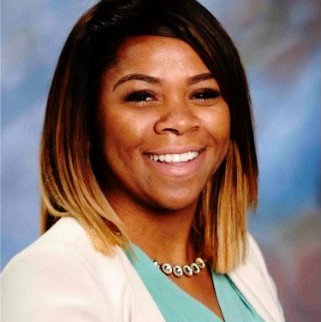 Tamara Ward is the SVP of Insurance Business Operations at Oscar Health, where she leads the National Network Contracting Strategy and Market Expansion & Readiness. Prior to Oscar she served as VP of Managed Care & Network Operations at TriHealth in Southwest Ohio. With over 15 years of progressive health care experience, she has been instrumental driving collaborative payer provider strategies, improving insurance operations, and building high value networks through her various roles with UHC and other large provider health systems. Her breadth and depth of experience and interest-based approach has allowed her to have success solving some of the most complex issues our industry faces today. Tam is passionate about driving change for marginalized communities, developing Oscar’s Culturally Competent Care Program- reducing healthcare disparities and improving access for the underserved population. Tamara holds a B.A. from the University of Cincinnati’s and M.B.A from Miami University.
Tamara Ward is the SVP of Insurance Business Operations at Oscar Health, where she leads the National Network Contracting Strategy and Market Expansion & Readiness. Prior to Oscar she served as VP of Managed Care & Network Operations at TriHealth in Southwest Ohio. With over 15 years of progressive health care experience, she has been instrumental driving collaborative payer provider strategies, improving insurance operations, and building high value networks through her various roles with UHC and other large provider health systems. Her breadth and depth of experience and interest-based approach has allowed her to have success solving some of the most complex issues our industry faces today. Tam is passionate about driving change for marginalized communities, developing Oscar’s Culturally Competent Care Program- reducing healthcare disparities and improving access for the underserved population. Tamara holds a B.A. from the University of Cincinnati’s and M.B.A from Miami University.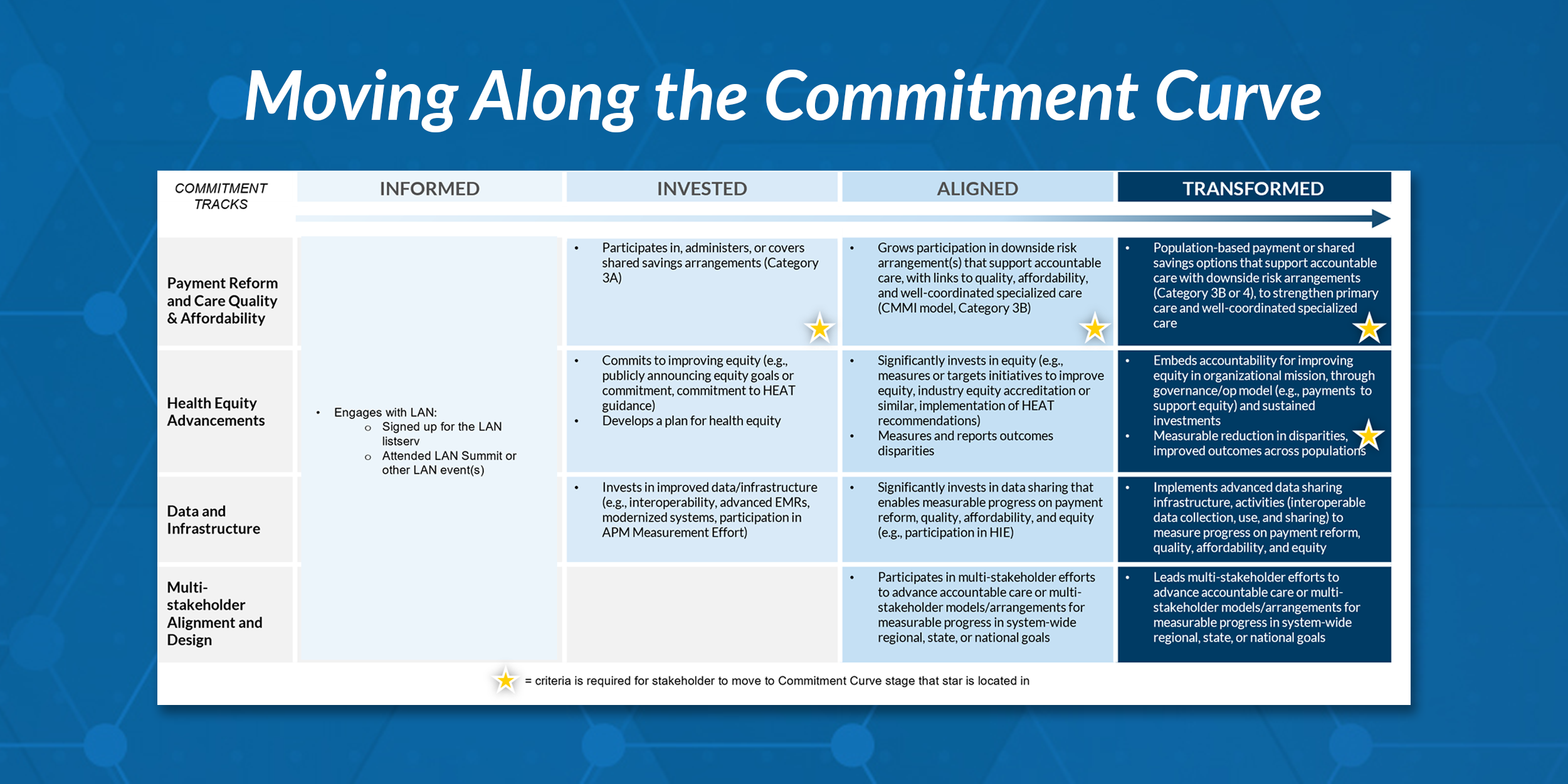
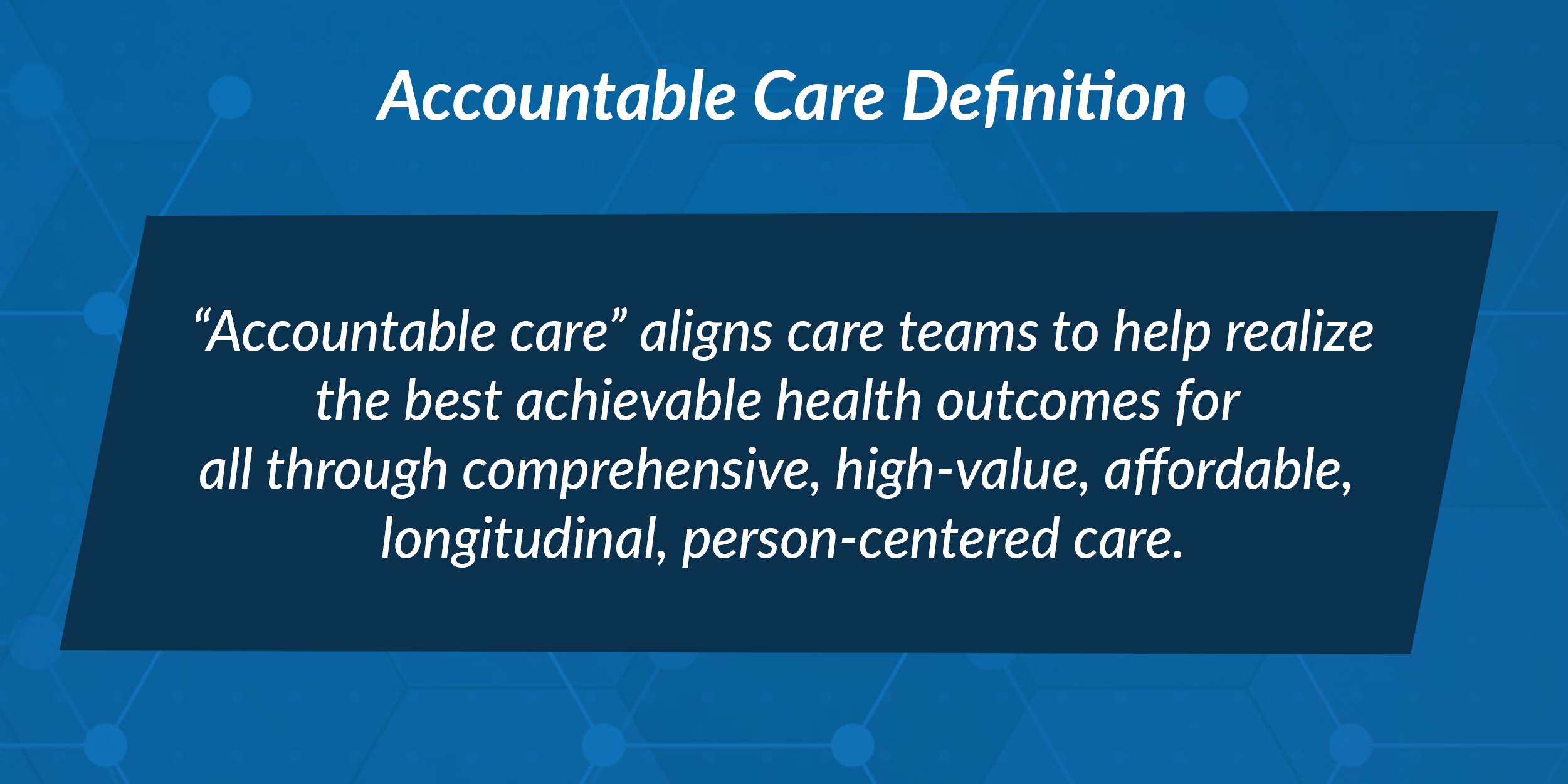
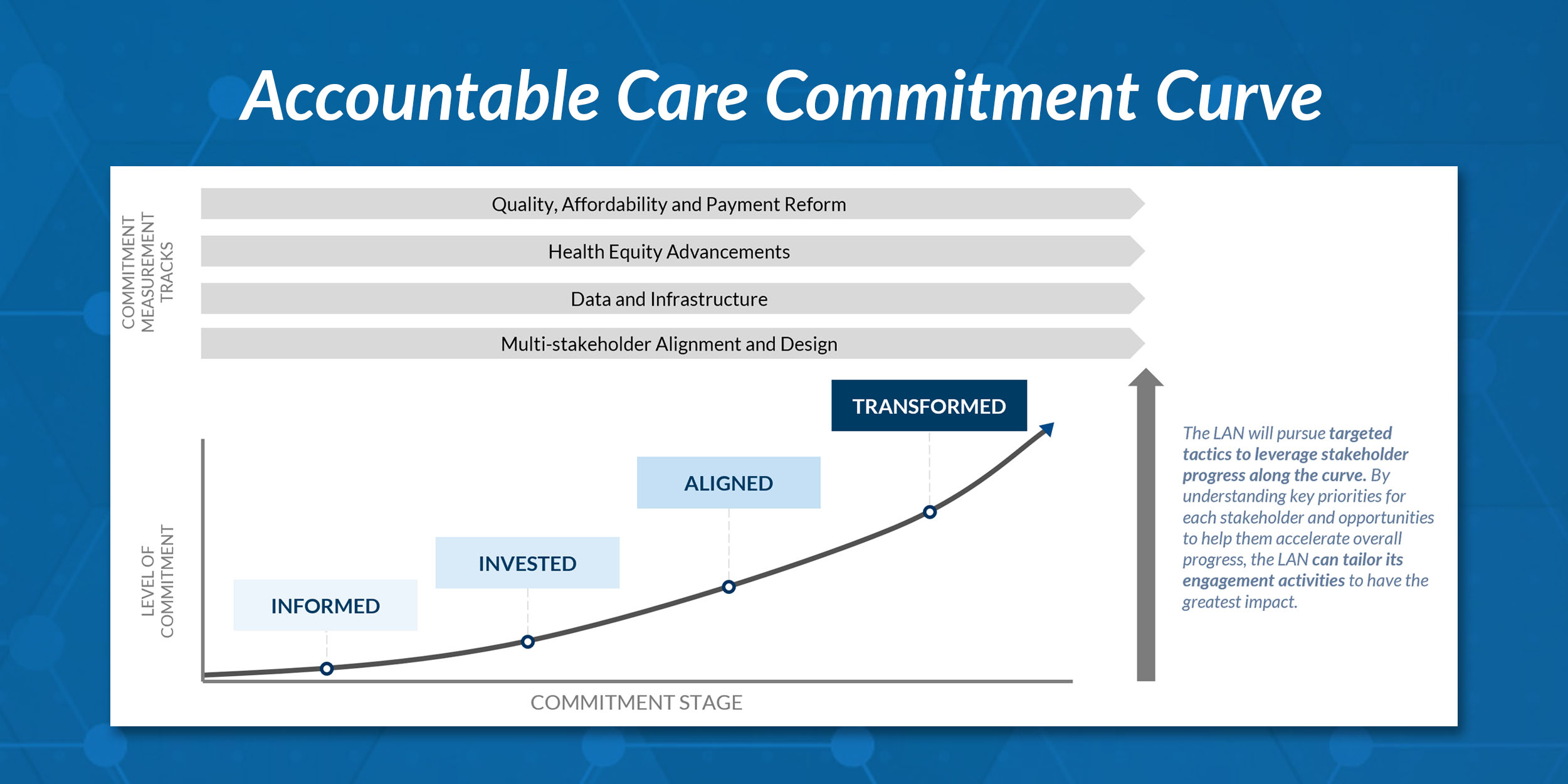
 Dr. Peter Walsh joined the Colorado Department of Health Care Policy and Financing as the Chief Medical Officer on December 1, 2020. Prior to joining HCPF, Dr. Walsh served as a Hospital Field Representative/Surveyor at the Joint Commission, headquartered in Oakbrook Terrace, Illinois.
Dr. Peter Walsh joined the Colorado Department of Health Care Policy and Financing as the Chief Medical Officer on December 1, 2020. Prior to joining HCPF, Dr. Walsh served as a Hospital Field Representative/Surveyor at the Joint Commission, headquartered in Oakbrook Terrace, Illinois.

